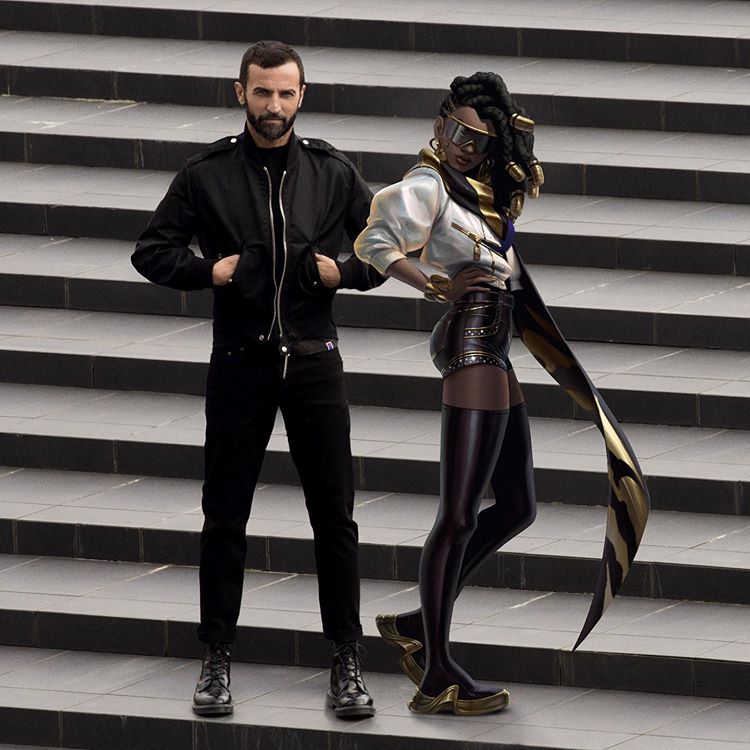Even before the global pandemic that led to lockdown orders all over the world, luxury brands, especially fashion brands, were already sashaying into the world of gaming. In 2019, Moschino designed a capsule collection for The Sims as well as an equivalent collection that was available to buy. In the same year, Louis Vuitton designed two custom skins for heroes Qiyana and Senna in League of Legends. With skins available to purchase from in-game tokens, it meant that consumers who cannot afford the ready-to-wear Louis Vuitton collection are still able to (virtually) experience the brand through gaming.

Now, with the lockdown and other country-specific precautions causing people to stay home more than they normally would, gaming has become even more popular, and renowned luxury brands, who have in the past profited greatly from this virtual world, are taking note. So much so that there are new entrants to the field, from Marc Jacobs and Valentino adding designs to Animal Crossing: New Horizons, to Net-a-porter who recently created its first digital island on the same platform. Not to be left out is Gucci who, although an old player in the gaming world, also recently introduced the GUCCI Sneaker Garage where customers can design any Gucci sneaker of their choice and even add them to virtual avatars for popular immersive online platforms Roblox and VRChat via patches that come with a purchase.

The gaming space offers luxury brands a lot of advantages. According to Verb, it gives these brands access to a highly engaged audience who spend an average of 7.11 hours weekly playing their favourite games; an opportunity to showcase their offerings in a more creative manner; and a more effective way to track ROI on adverts as well as get into the minds of what consumers want, especially where the brands allow players dress their avatars or create their designs. This basically is “the ‘holy trinity’ of advertising: combining a quality audience (who will see it), with engaging messaging (how you say something) in the right context (where/when the message is said) in achieving the best from your marketing efforts.”

But what does this mean for luxury brands? Would immersing themselves in the exciting world of games drive in sales? For investment banking giant Jefferies, the answer is yes, but probably not for the present. Although other research estimates say that the younger generation, Gen Z, may most likely be able to afford luxury brands with a purchasing power of about $44billion, Jefferies believe that the current gaming demographic represents the next generation of luxury consumers. By capturing their attention now, these brands would be the first port of call when this demographic is ready to step into the world of luxury buying.

Verb has a slightly different perspective. In its opinion, luxury brands’ foray into the gaming world is a way to create a buzz around their products. The world is largely online today, and future predictions do not see it changing anytime soon. By engaging gaming enthusiasts, who are in their millions currently, brands can be sure that their names would go far, driven by the fans of the games they have chosen to partner with.
